Description
“Women and Economic Development” by Anita Banerji and Raj Kumar Sen is a thought-provoking and comprehensive exploration of the crucial role women play in the process of economic development. This groundbreaking book sheds light on the unique challenges faced by women in the context of economic growth and provides valuable insights into the potential solutions to promote gender equality and empower women worldwide. Through a multidisciplinary approach, Banerji and Sen present a compelling argument for the inclusion and active participation of women in economic development strategies. Their work offers a rich analysis of various aspects, ranging from the intersection of gender and development to the role of women in entrepreneurship and policymaking.
In “Women and Economic Development,” Banerji and Sen delve into the complex dynamics of women’s economic participation and their contribution to overall development. The book begins by examining the historical and social context in which women have been marginalized and excluded from economic opportunities. It highlights the systemic barriers and biases that hinder women’s progress and perpetuate gender inequalities.
The authors provide a comprehensive overview of women’s roles in various economic sectors, including agriculture, industry, and services. They analyze the gender wage gap, occupational segregation, and the challenges women face in accessing credit and finance. Moreover, the book explores the impact of globalization and technological advancements on women’s economic empowerment, discussing both the positive and negative effects.
Banerji and Sen also highlight the potential of women’s entrepreneurship as a driver of economic growth. They present case studies of successful women entrepreneurs and analyze the factors that contribute to their success. Additionally, the authors explore the role of government policies and programs in promoting women’s economic inclusion and highlight the importance of gender-responsive policymaking.
Analysis and Evaluation:
“Women and Economic Development” offers a meticulous analysis of the structural barriers that hinder women’s economic advancement. The authors present a compelling case for addressing gender inequality as an essential component of sustainable economic development. They effectively use data, research findings, and real-life examples to support their arguments, making the book highly informative and persuasive.
One of the strengths of this book is its interdisciplinary approach. Banerji and Sen draw on insights from economics, sociology, gender studies, and development studies to provide a holistic understanding of women’s economic roles. This interdisciplinary perspective enriches the analysis and enhances the book’s credibility.
Another notable aspect of the book is its emphasis on intersectionality. The authors recognize that women’s experiences and challenges are shaped not only by gender but also by factors such as race, class, and geography. By examining the interplay between various forms of discrimination, the authors present a nuanced understanding of the complexities involved in women’s economic development.
Furthermore, “Women and Economic Development” offers a balanced examination of both the opportunities and challenges that arise from globalization and technological advancements. The authors acknowledge the potential of these forces to empower women economically but also caution against the risks of exacerbating inequalities. This nuanced perspective contributes to a more nuanced and comprehensive understanding of the subject matter.
When comparing “Women and Economic Development” to other books on the topic, it stands out for its comprehensive scope and rigorous analysis. Unlike some works that narrowly focus on specific aspects of women’s economic development, Banerji and Sen provide a holistic examination of the topic, covering a wide range of issues. This breadth of coverage allows readers to gain a more comprehensive understanding of the subject.
Furthermore, the book distinguishes itself through its interdisciplinary approach. Many existing works on women’s economic development tend to approach the subject from a single disciplinary perspective, often neglecting the interconnected nature of social and economic factors. In contrast, Banerji and Sen draw on multiple disciplines to provide a comprehensive and nuanced analysis.
Moreover, “Women and Economic Development” distinguishes itself through its emphasis on intersectionality. While many books address gender inequalities, they often overlook the intersecting forms of discrimination that women face. Banerji and Sen’s focus on intersectionality ensures a more comprehensive analysis of the challenges women encounter in the pursuit of economic development.
“Women and Economic Development” explores several key themes and offers thought-provoking interpretations of women’s economic roles. One prominent theme is the notion that gender equality is not just a moral imperative but also an economic imperative. The authors argue that empowering women economically is not only the right thing to do but also essential for sustainable economic growth and development.
Another significant theme is the role of women’s entrepreneurship in economic development. The book highlights the potential of women as agents of change and showcases successful women entrepreneurs as role models. It underscores the need for supportive policies and a conducive environment that fosters women’s entrepreneurial endeavors.
Additionally, the authors highlight the importance of gender-responsive policymaking. They advocate for policies that address the specific needs and challenges faced by women and promote gender equality. The book provides valuable insights into the design and implementation of effective policies that can enable women’s economic empowerment.
About the Authors:
Anita Banerji and Raj Kumar Sen are renowned scholars in the field of gender and development. Both authors possess extensive academic and professional experience, bringing valuable insights to their work. Banerji has published widely on women’s economic empowerment, while Sen has focused on the intersection of gender and development policies. Their expertise and research credentials make them highly credible and authoritative voices in the field.
The writing style of “Women and Economic Development” is scholarly yet accessible. The authors effectively present complex ideas and theories in a clear and concise manner, making the book suitable for both academic and non-academic readers. They strike a balance between providing in-depth analysis and avoiding excessive jargon, ensuring the book remains engaging and readable.
What People Say About This Book:
“Women and Economic Development” has garnered widespread acclaim from scholars, policymakers, and activists. Many praise the authors for their rigorous analysis and interdisciplinary approach, highlighting the book’s contribution to the field of gender and development studies. The book is lauded for its comprehensive coverage, thought-provoking arguments, and practical policy recommendations.
Readers appreciate the authors’ ability to present complex ideas in an accessible manner, making the book relevant to a wide audience. They also value the inclusion of real-life examples and case studies, which bring a human element to the subject matter and enhance readers’ understanding.
Conclusion:
“Women and Economic Development” is a highly valuable and timely contribution to the field of gender and development studies. It offers a comprehensive analysis of women’s economic roles and the challenges they face, as well as practical recommendations for promoting gender equality and empowering women. Banerji and Sen’s interdisciplinary approach, rigorous analysis, and accessible writing style make this book an essential resource for scholars, policymakers, and anyone interested in understanding and promoting women’s economic development.


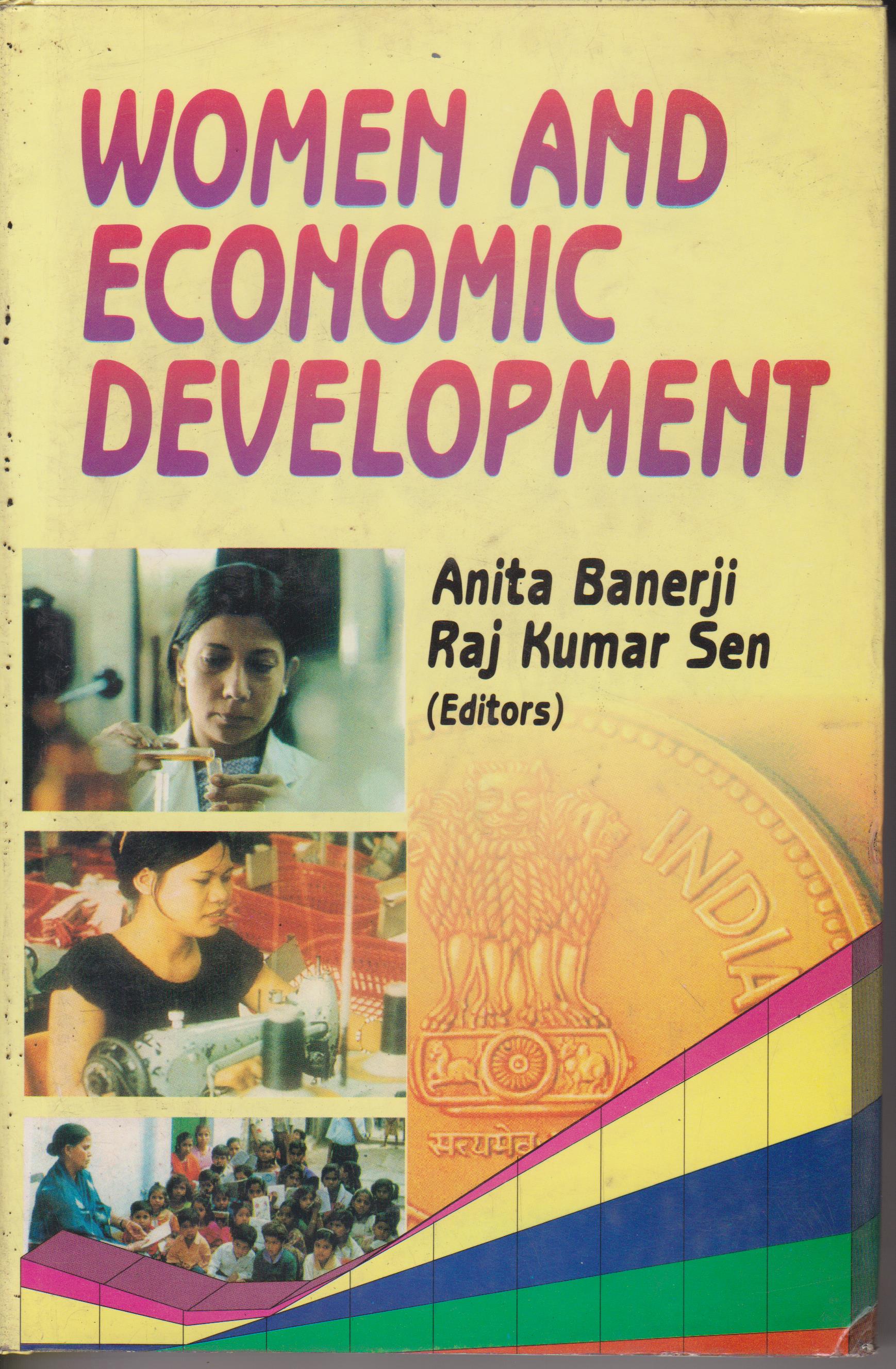
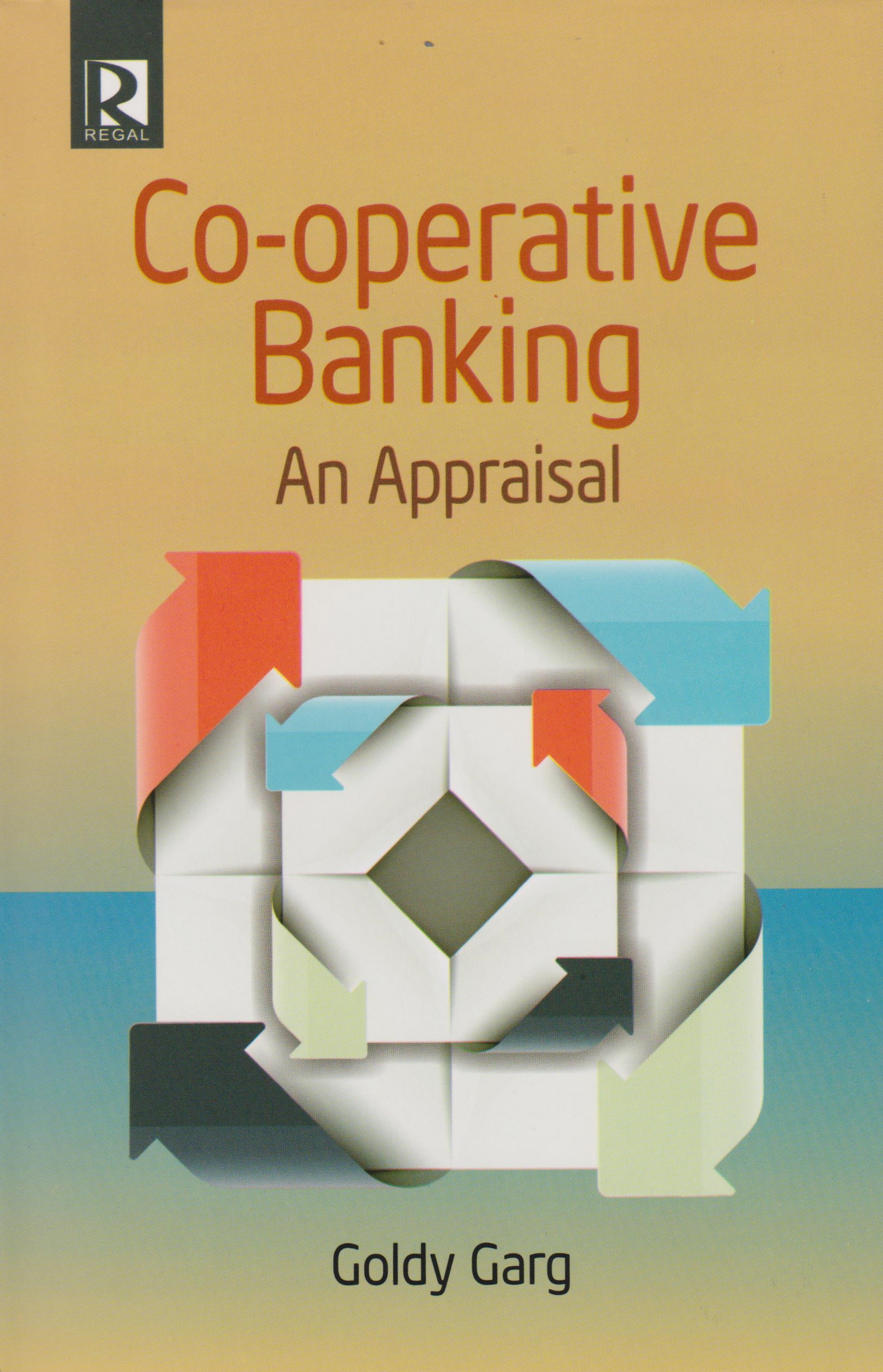
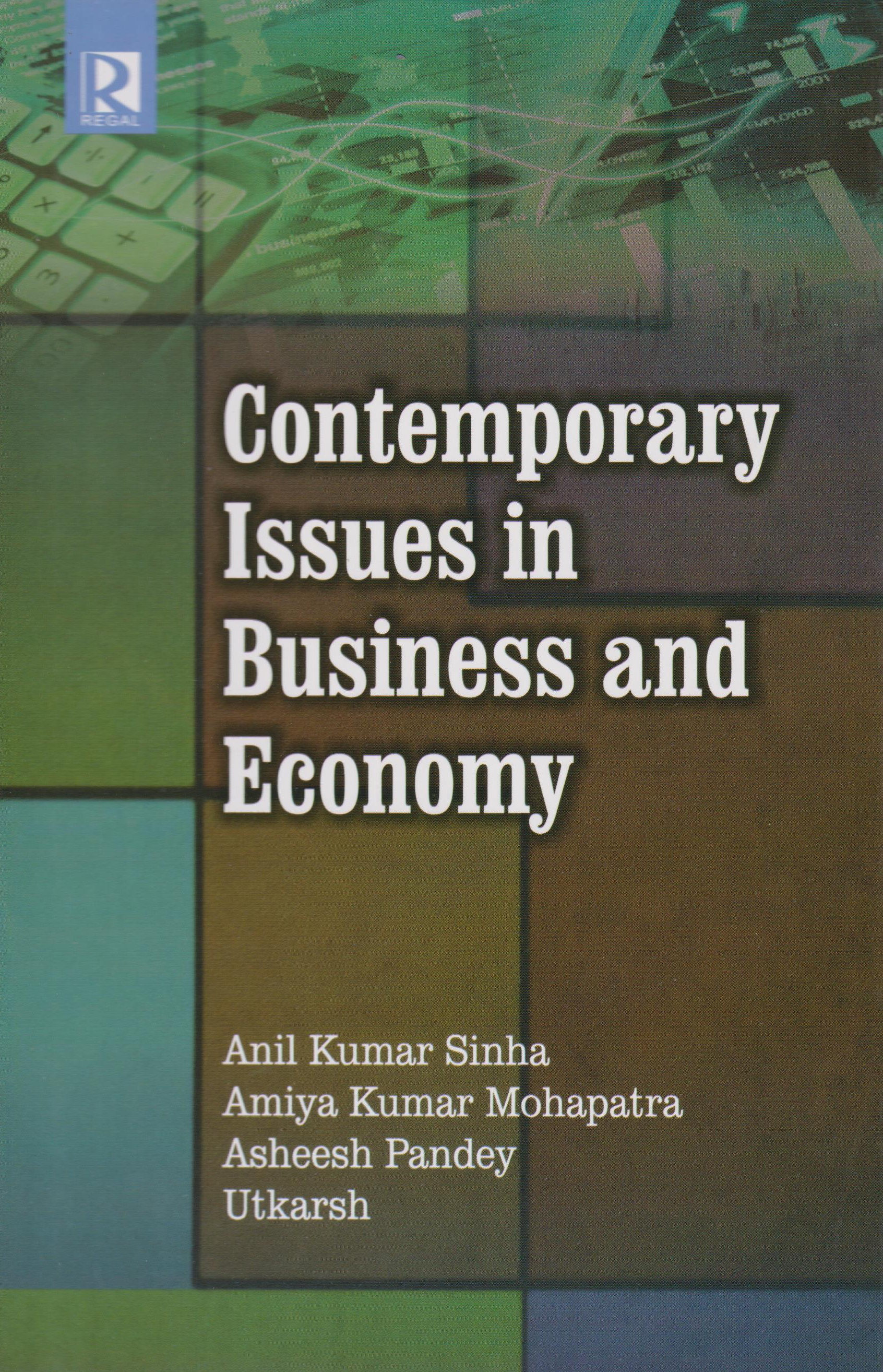
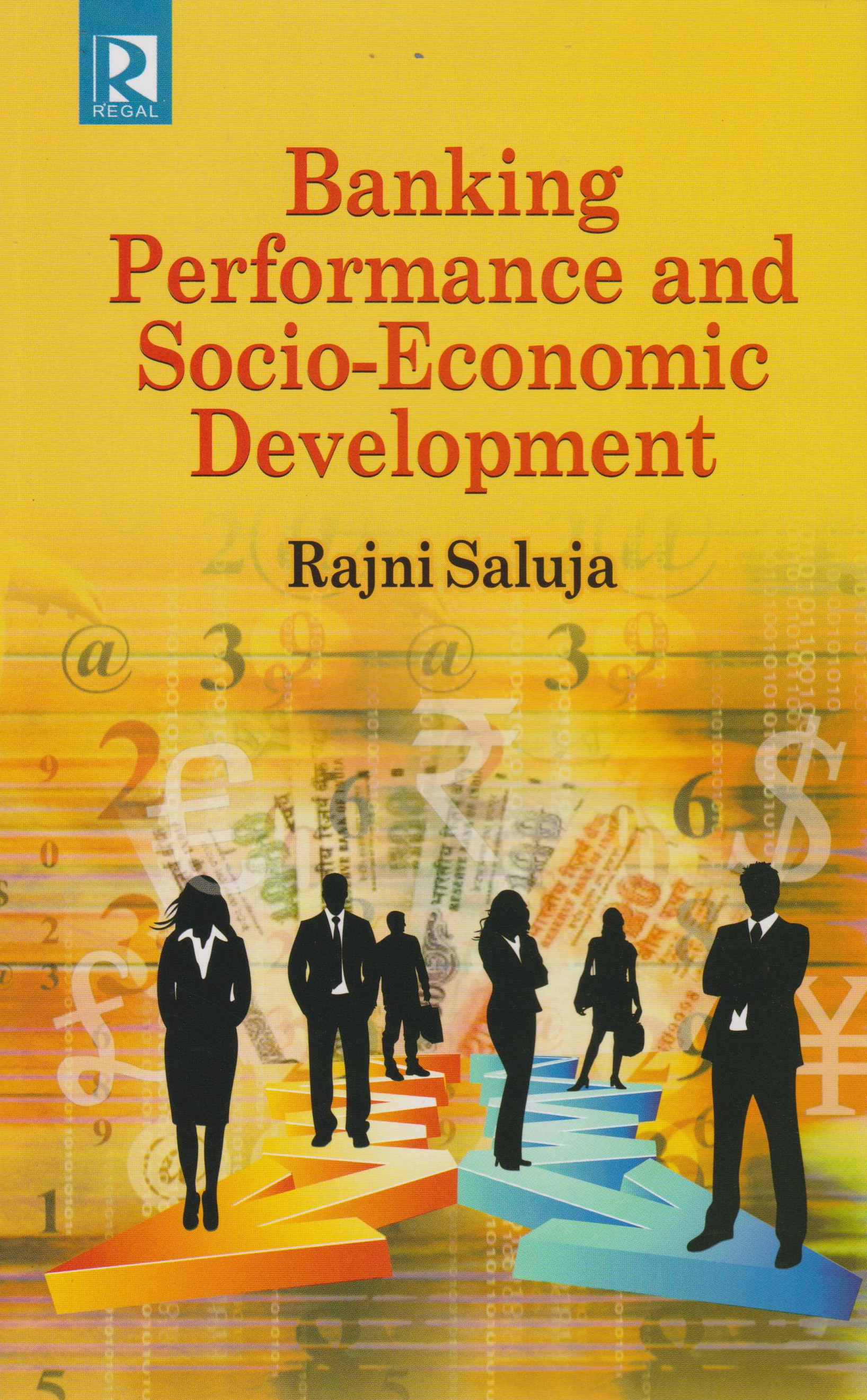
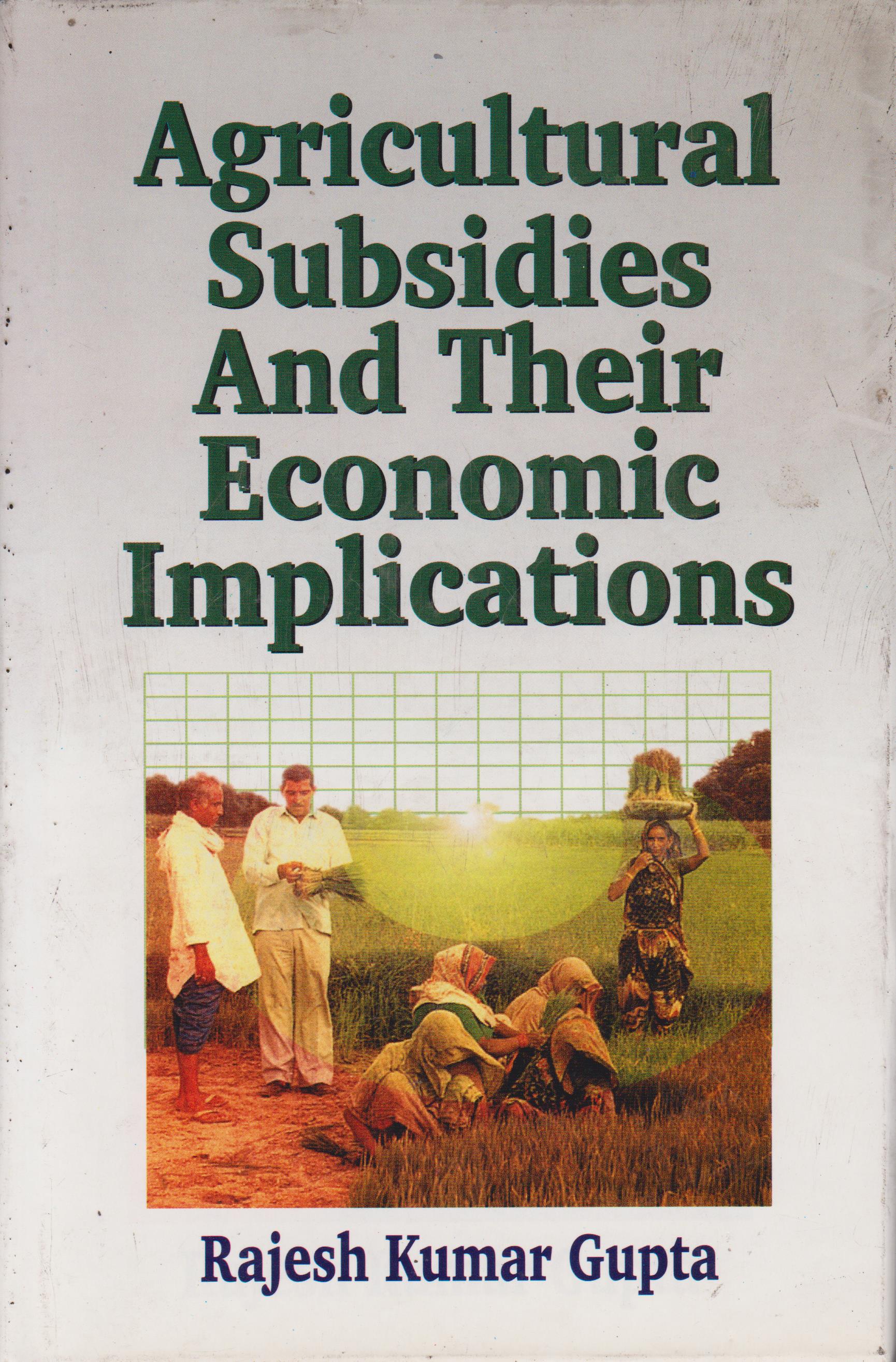



Reviews
There are no reviews yet.